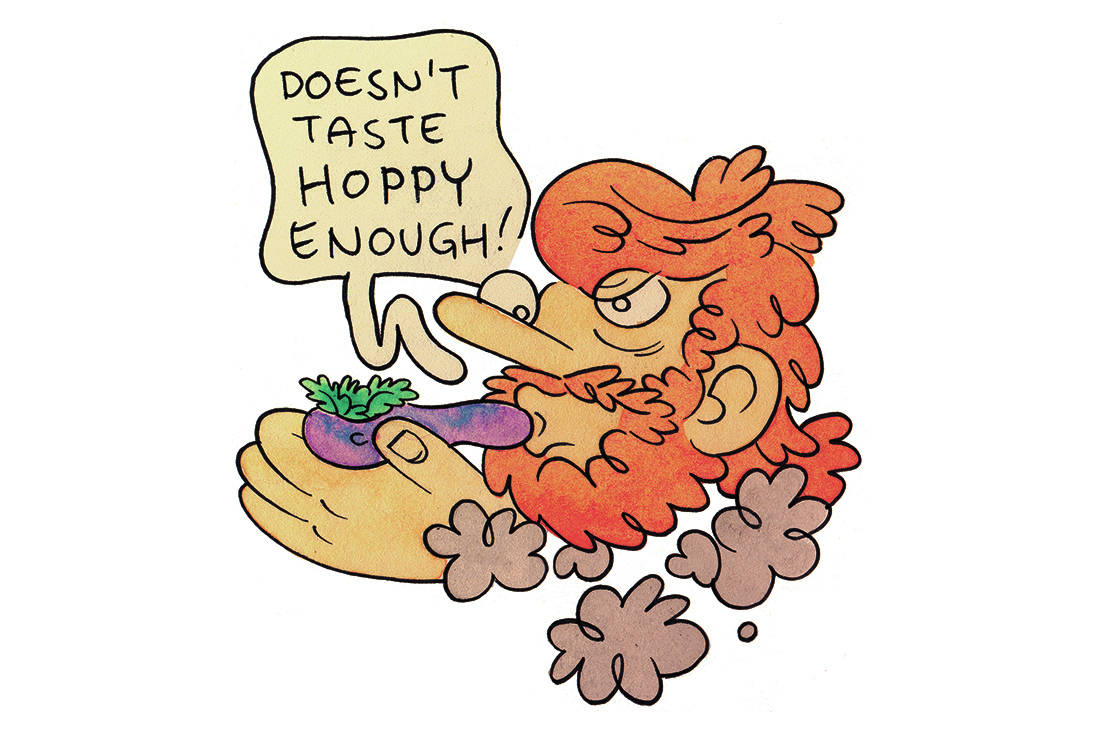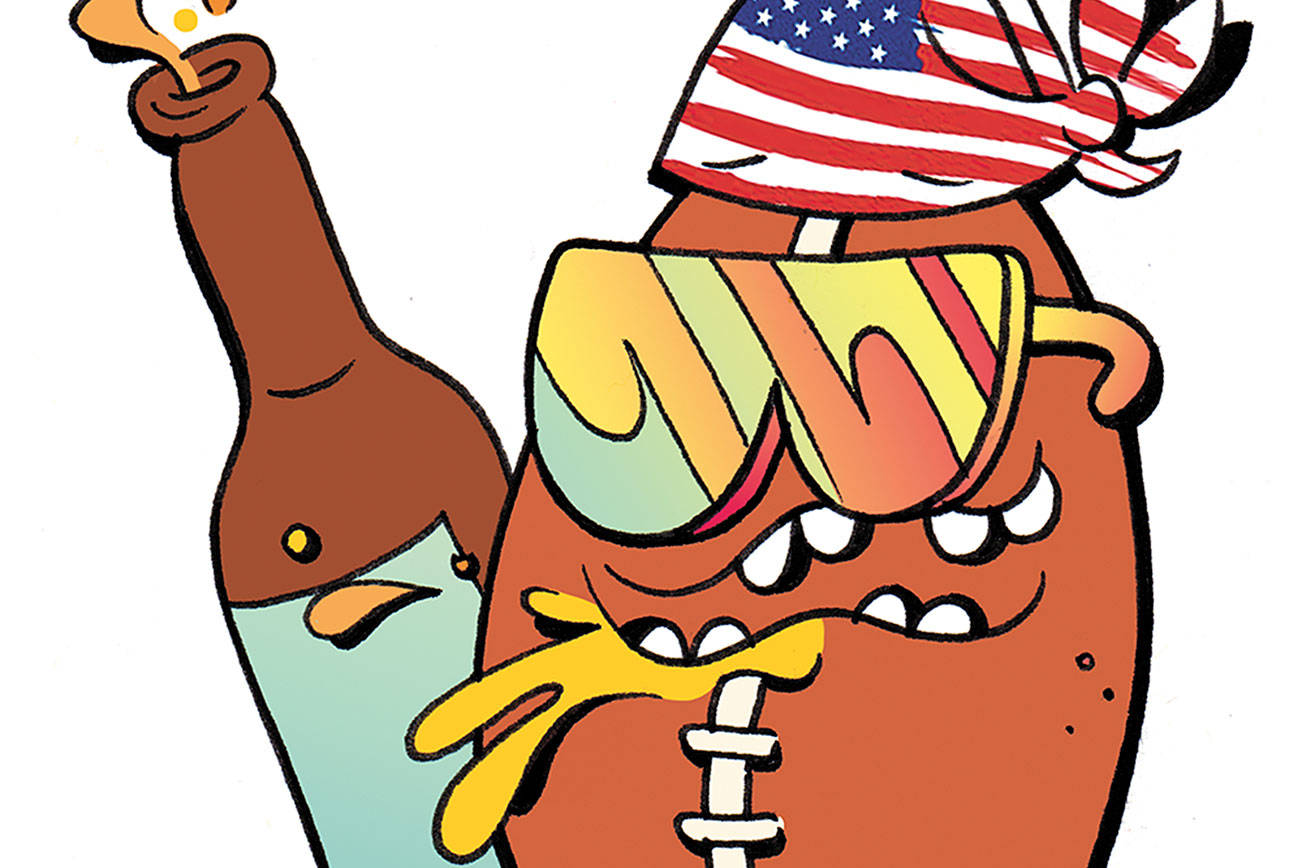In 2016, the research firm Cowen & Company looked at beer sales in Washington, Colorado, and Oregon, states that had recently legalized recreational cannabis. They found all three markets had “collectively underperformed,” with sales of mainstream beers like Bud and Coors dropping by more than 4 percent. Craft-beer sales also slipped. In Colorado, beer sales dropped by more than 6 percent for young men 18 to 25, and Washington cannabis sales outpace liquor sales.
So is cannabis replacing beer and liquor, or are people just using less of both? Researchers at the University of Connecticut and Georgia State decided to put the argument to rest. They looked at product sales from 90 different retail chains between 2006 and 2015, comparing numbers from before and after the legalization of medicinal marijuana, and comparing states that did with those that didn’t legalize. They determined that counties that legalized medicinal weed in the U.S. saw a 15 percent drop in liquor sales. Applied to counties with both legal recreational and medicinal marijuana in 2017, that comes to $2 billion lost in profits.
So it kind of makes sense that Constellation, an American liquor company that makes Svedka Vodka and Corona, Pacifico, and Modelo beers has bought 10 percent of the company Canopy, a large producer of medicinal cannabis products in Canada. The company is openly traded under WEED. Constellation says they have no plans to sell cannabis products in the U.S. until it’s legal on “all government levels.” However, the “company’s success is the result of our focus on identifying early-stage consumer trends,” and this is clearly a move in that direction.
Liquor companies positioning themselves to profit from cannabis is one interesting side effect of the legalization movement. In Nevada and California, liquor companies have inserted themselves into legalization efforts. When voters legalized weed in Nevada earlier this year, they also approved a measure giving exclusive licensing power to transport and distribute weed to alcohol wholesalers for the first 18 months. “So basically, according to the text of [the statute], the alcohol distributors get to set up regulated distribution methods,” explained Chris Thompson, executive director for the Las Vegas chapter of the National Organization for the Reform of Marijuana Laws (NORML), in an interview with NBC. After an initial burst of sales at the moment of legalization, sales numbers slumped 20 to 30 percent when stores couldn’t get stock delivered in a timely manner. That’s because few alcohol wholesalers have stepped up to get distribution licenses. Lagging distribution isn’t surprising, considering that the entirety of the liquor industry is federally regulated, and we all know cannabis is still illegal on the federal level. But then the Independent Alcohol Distributors of Nevada went to court to keep the rights exclusively in their hands. Smells like protectionism.
California is about to go through the same process, having embraced the same kind of mandatory distribution. The Teamsters Union supports it, as does the Marijuana Policy Project, a Libertarian-leaning advocacy group. The whole country needs to keep its eyes on what happens with our neighbors to the south, as the state is set to become the largest retail cannabis market in the country and maybe in the world.
“It’s a payoff to the liquor industry,” Stephen DeAngelo, owner of the largest dispensary in the country and co-founder of the testing facility Steep Hill Labs, told Politico. “They’re using the same strategies, drawing from the same capital pool, and they have the same problematic culture as the liquor industry. There’s a thin fig leaf of being independent, but in fact this is the alcohol industry making a play for cannabis.”
stashbox@seattleweekly.com







